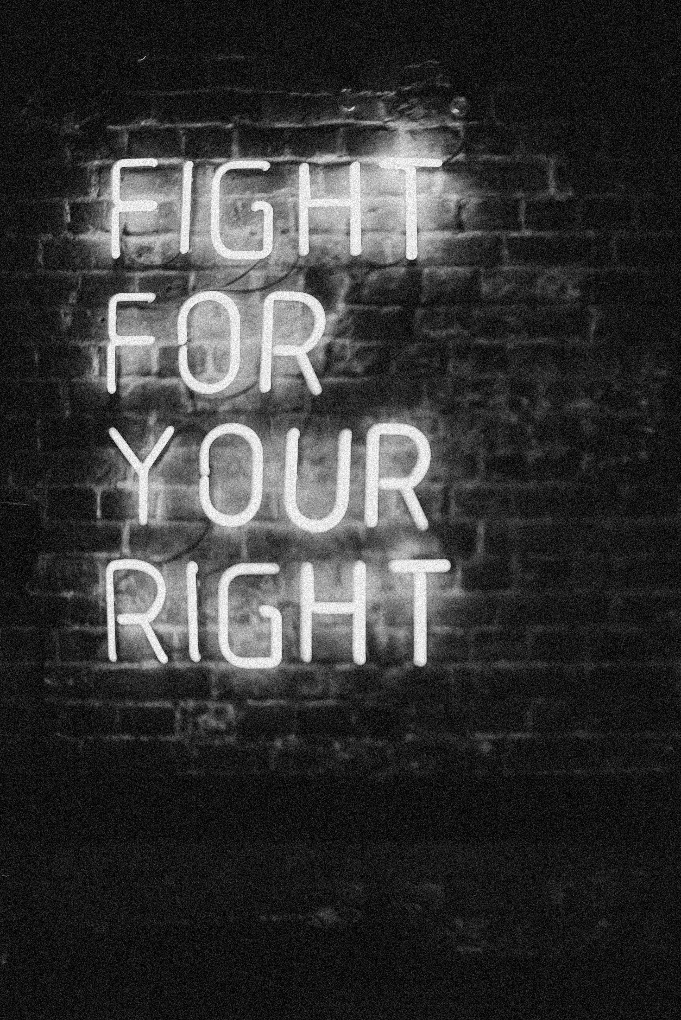From excuses like “boys will be boys” to “she was asking for it”, women have long been conditioned to accept and tolerate bad male behaviour. Adding to this is the iconic “log kya kahenge”, often meted out to Indian women who try to retaliate or speak up. Then, there’s the overall lack of awareness or ability to recognize domestic and intimate partner violence (IPV). Globally, almost one-third of women experience IPV in their lifetime. If you suspect that you might be a victim yourself, there is help out there.
Recognising Abuse
Intimate partner violence includes:
- Physical violence: beating, slapping, hitting, kicking)
- Sexual violence: forced sexual intercourse and other forms of sexual coercion
- Emotional abuse: insults, belittling, threats and intimidation
- Controlling behaviours: isolating a person from family and friends; monitoring their movements; and restricting access to financial resources, employment, education or medical care, etc.
(Adapted from WHO’s Understanding And Addressing Violence Against Women)Intimate partner violence can occur between current or past partners, irrespective of them living together. Wondering if your partner’s just being a jerk or if they have a controlling, abusive personality? Check out our other article titled “Domestic Violence And How To Recognize It” (https://bit.ly/32FT0ig) to learn about hidden signs of IPV.
The Way Forward
Your first step is to accept that this abuse is not normal and not your fault; it is a serious violation of your basic rights. While ending the relationship or even speaking up might seem daunting, you don’t have to continue to suffer forever. Today, support and redressal are available in many forms.
The National Commission for Women (NCW)’s helpline number 0721-7735372 allows you to seek help directly via WhatsApp. Victims of sexual harassment can also reach out to the helpline numbers (011) 26238466, 26224042, 26227647. Other resources that might be handy include:
- Free legal consultation is offered by Legistify (https://bit.ly/34LPDZG) specifically during the pandemic
- This amazing financial rebuilding guide for victims by Sheroes (https://bit.ly/34MNuNu)
- NGO Sneha provides immediate support, shelter and a crisis helpline (https://bit.ly/3hOHzeA)
How Can the Law Help?
Depending on what is most easily accessible and what you are comfortable with, you may choose to contact an NGO or the police to file a complaint. You can also opt to reach out to a Protection Officer in your state (https://bit.ly/32C0Rxa), appointed specially to assist domestic violence victims.
Domestic violence is legally punishable and there are a couple of laws to keep in mind. Sexual offences and acts like stalking and voyeurism fall under the Criminal Law (Amendment) Act, 2013. Victims of IPV who are in any form of domestic relationship (including live-in relationships) with the offender can seek relief under The Protection of Women from Domestic Violence Act, 2005. They are entitled to:
- Free legal services under the Legal Services Authorities Act, 1987
- Compensation for mental and physical injuries
- Temporary custody of children and an interim order to prevent violence before the final order
- Protection from being evicted from their home
- Protection from the offender abusing them or threatening them/their family and friends
- Maintenance for loss of earnings, medical expenses and damage to property
Dealing With & Overcoming Trauma
It’s important to know that even after leaving your abuser and receiving legal help, you might not fully recover from the pain and trauma. Abuse can leave behind deep and lasting emotional scars. This trauma has also been linked to low self-esteem, depression, anxiety, post-traumatic stress disorder and eating disorders in women who are or were subject to abuse. Sometimes, it may be helpful to reach out to a trusted friend who can just listen and support you through your decisions. Please do not hesitate to seek a mental health expert as this might be an essential step in your recovery process. You can find judgment-free counsellors and mental health experts at Veera to help you. We are here to help.
If you know of any other resources that may be helpful for women in this situation, please share in our comments section.
Reviewed by: Dr. Shailly Prasad, MD/MBA, Resident Physician, Obstetrics & Gynecology.Disclaimer: Content on Veera is provided for informational purposes only and is not intended as medical advice or as a substitute for medical advice given by a physician or trained professional.
References:[1] National Commission for Women release, https://economictimes.indiatimes.com/news/politics-and-nation/india-witnesses-steep-rise-in-crime-against-women-amid-lockdown-587-complaints-received-ncw/articleshow/75201412.cms[2] Dynamics of Domestic Violence. (n.d.). Retrieved August 03, 2020, from http://www.domesticabuseproject.com/get-educated/dynamics-of-domestic-violence/[3] Vignesh Radhakrishnan & Sumant Sen & Naresh Singaravelu. (2020, June 24). Data: Domestic violence complaints at a 10-year high during COVID-19 lockdown. Retrieved August 02, 2020, from https://www.thehindu.com/data/data-domestic-violence-complaints-at-a-10-year-high-during-covid-19-lockdown/article31885001.ece[4] Garcia-Moreno, C., Guendes, A., & Knerr, W. (n.d.). Understanding and addressing violence against women (pp. 1-12, 12.32). WHO. doi:https://apps.who.int/iris/bitstream/handle/10665/77432/WHO_RHR_12.36_eng.pdf;jsessionid=65DF0A9474B42E2928D3D4F0D247DBE3?sequence[5] Domestic Violence. (n.d.). Retrieved August 03, 2020, from https://snehamumbai.org/domestic-violence/


















